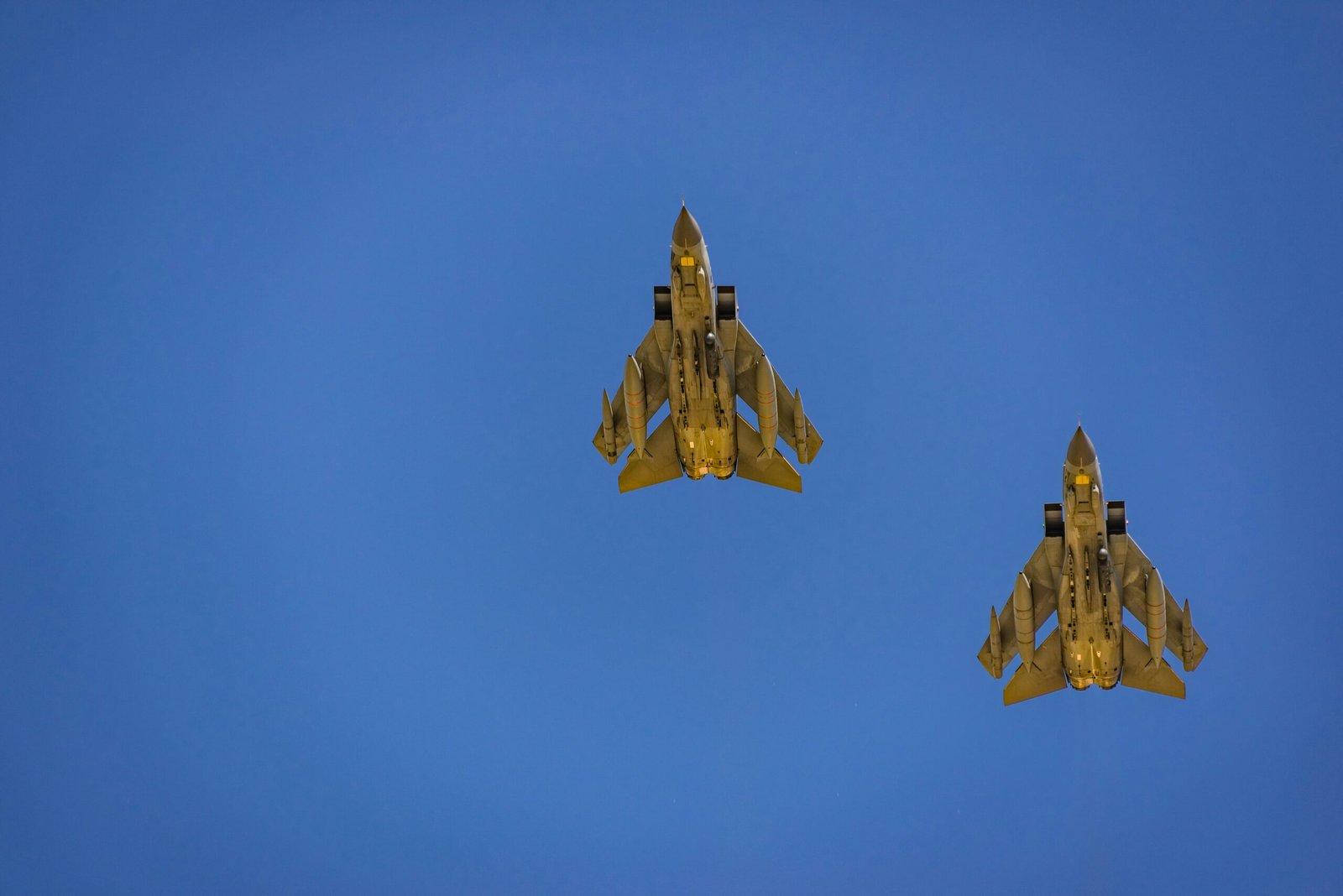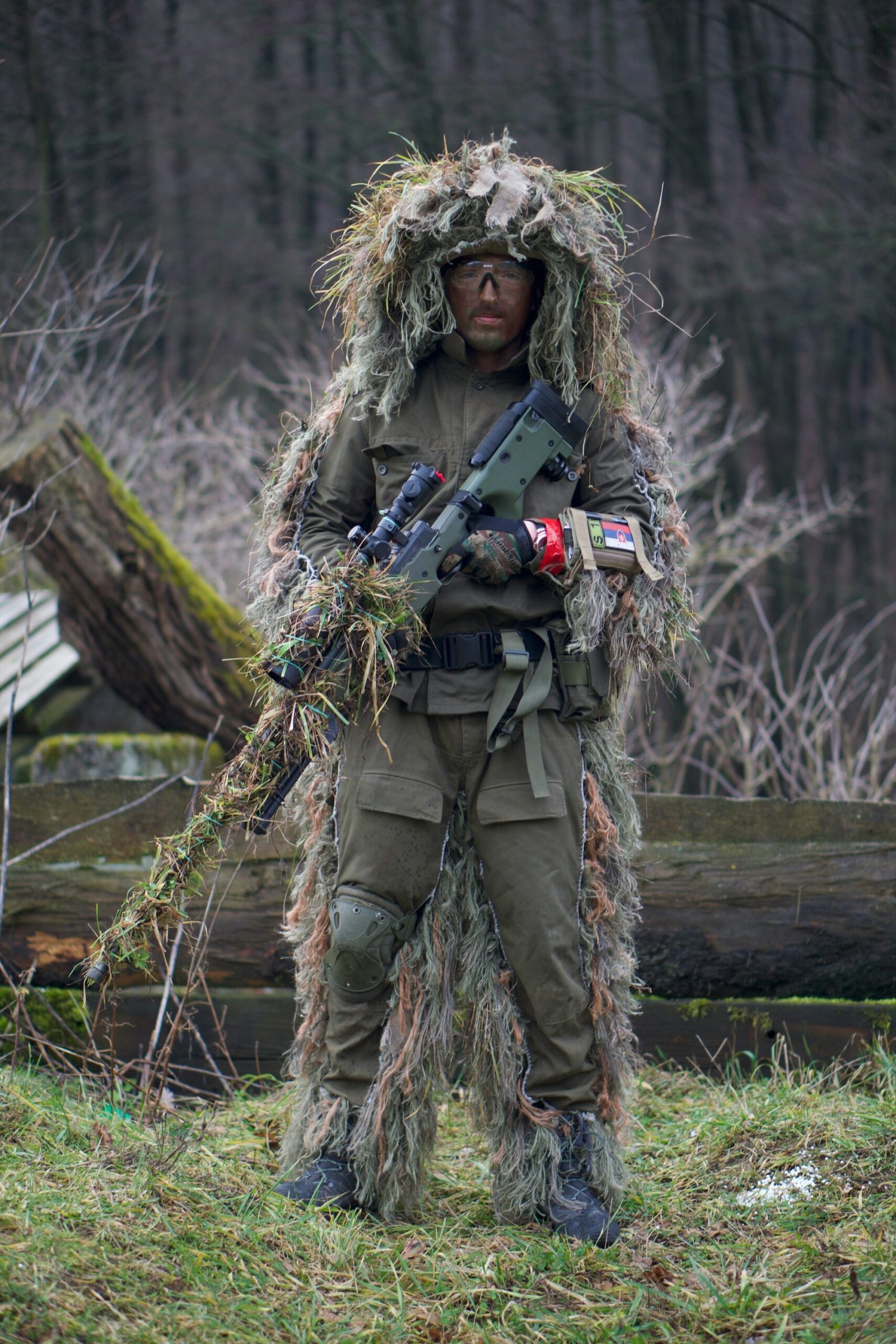Military Manpower
When comparing the military strength of Iran and Israel, manpower is a crucial factor. Iran boasts a significantly larger population, leading to a larger pool of available military personnel. Iran’s active military personnel number approximately 610,000, in contrast to Israel’s 170,000. This disparity in sheer numbers gives Iran an upper hand in this category.
Air Power
Air power is a vital component of modern warfare. Israel’s air force is considered one of the most advanced globally, featuring cutting-edge technology and a fleet of around 600 aircraft. Iran, while having a larger fleet of about 800 aircraft, relies on older models and lacks the technological edge that Israel has. Therefore, advanced technology and training give Israel a strategic advantage in air power.
Naval Strength
The naval capabilities of the two countries also show distinct differences. Israel’s navy is smaller but technologically superior and highly trained. With a fleet that includes submarines and advanced missile boats, Israel’s naval forces are well-prepared for modern maritime warfare. On the other hand, Iran has a larger number of naval vessels, but many are outdated and less technologically advanced. Still, Iran’s larger fleet allows it to project power in regional waters effectively.
Defense Budget
One of the most telling aspects of military power is the defense budget. Israel spends around $20 billion annually on defense, focusing on high-tech weaponry and advanced training programs. Iran’s defense budget is significantly lower, at approximately $13 billion. While Iran spends less, its investment in regional proxies and asymmetric warfare strategies allows it to leverage its resources effectively.


